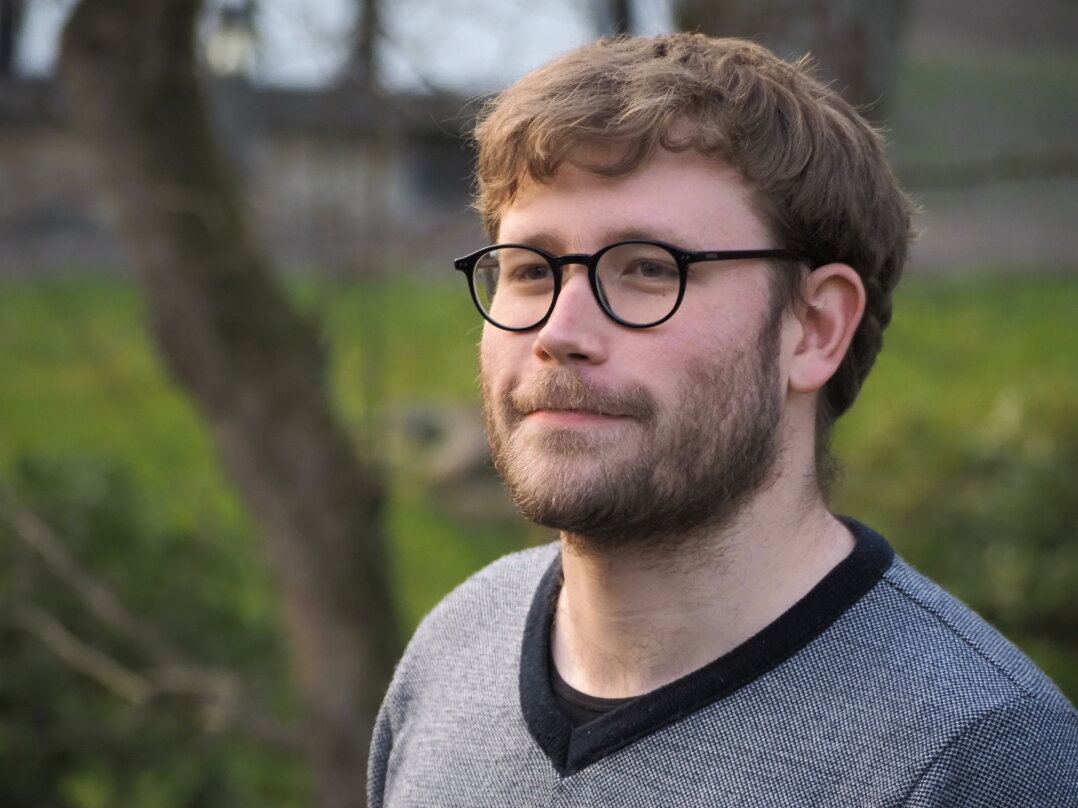One of the speakers at The Organic and the Normative conference, taking place between July 30–August 1, 2024 in Ljubljana, Slovenia, is going to be Alejandro Fábregas-Tejeda.
Alejandro Fábregas-Tejeda is Postdoctoral Research Fellow at the Centre for Logic and Philosophy of Science, Institute of Philosophy, KU Leuven. He obtained a Ph.D. in Philosophy at Ruhr University Bochum and was a Writing-Up Fellow at the Konrad Lorenz Institute for Evolution and Cognition Research. He has published on diverse topics such as the history of the holobiont concept, organism-environment reciprocal causation, and the Extended Evolutionary Synthesis debate. Alongside Jan Baedke, Guido I. Prieto, and Gregory Radick, he is the co-editor of the collective volume The Riddle of Organismal Agency: New Historical and Philosophical Reflections (forthcoming in 2024 with Routledge).
Highlighted Article
Baedke, J., Fábregas-Tejeda, A. & Prieto, G.I. Unknotting reciprocal causation between organism and environment. Biol Philos 36, 48 (2021). https://doi.org/10.1007/s10539-021-09815-0
In recent years, biologists and philosophers of science have argued that evolutionary theory should incorporate more seriously the idea of ‘reciprocal causation.’ This notion refers to feedback loops whereby organisms change their experiences of the environment or alter the physical properties of their surroundings. In these loops, in particular niche constructing activities are central, since they may alter selection pressures acting on organisms, and thus affect their evolutionary trajectories. This paper discusses long-standing problems that emerge when studying such reciprocal causal processes between organisms and environments. By comparing past approaches to reciprocal causation from the early twentieth century with contemporary ones in niche construction theory, we identify two central reoccurring problems: All of these approaches have not been able to provide a conceptual framework that allows (i) maintaining meaningful boundaries between organisms and environments, instead of merging the two, and (ii) integrating experiential and physical kinds of reciprocal causation. By building on case studies of niche construction research, we provide a model that is able to solve these two problems. It allows distinguishing between mutually interacting organisms and environments in complex scenarios, as well as integrating various forms of experiential and physical niche construction.
